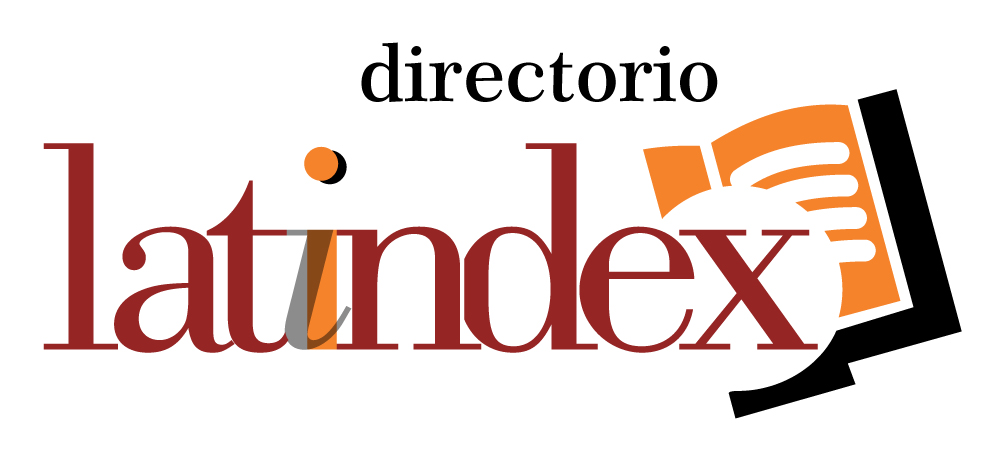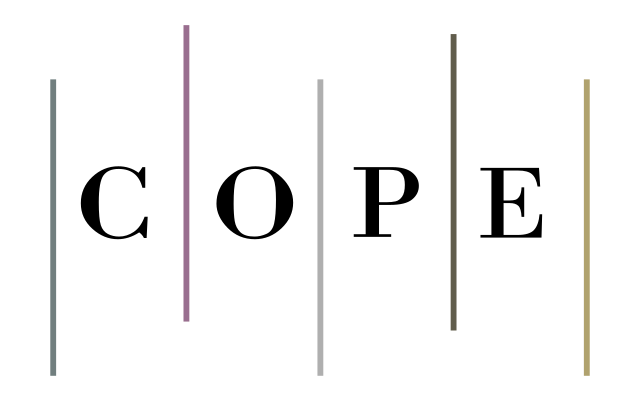Considerations on the chapter “Woman and Child”
intelligence, work, and idleness
Keywords:
Nietzsche, Human All Too Human, WomenAbstract
The woman’s question or Nietzsche’s relation towards women has grown in importance recently and much is being debated about the existence or non-existence of some misogynist claims written by the philosopher. The possible contributions of Nietzsche's philosophy to the debate on gender and to the feminist theory are also being discussed. In this article I will take part on the debate, and I will analyze the aphorisms 391, 411 and 412 of MA/HH, focusing my attention on contrasts between women's
and men’s figures, or also, women and active persons (thätigen Menschen). I propose an interpretative path similar to Bosi’s way of reading Machado de Assis, i.e., based on the distinction between the “sight’s object” and “mode of seeing”, connecting it
with the Psychological Observation (MA/HH, 35-37), since it shows the philosophical and literary complexity of the figures designed by Nietzsche. Therefore, Nietzsche’s literary and philosophical designs cannot be understood as mere reflections or direct
types of the philosopher's own society, which would ignore important details, the finesse and the psychological depth of the sentences. I argue that the work and the idleness question is understood in its proper and singular sense, contrasting women
with the active man’s and persons’ figure. Distinctly from Diethe's interpretation, in MA/HH, Nietzsche does not claim that women are less intelligent than men (commonplace of his age).
Downloads
References
ALMEIDA, Patrícia Sheyla Bagot de. Crítica de Nietzsche ao ideal da igualdade: contribuições à teoria feminista. Dissertação (Mestrado em Filosofia) – Universidade Federal de Goiás, Faculdade de Filosofia. Goiânia, 2021.
BARRETO, Lima. Recordações do escrivão Isaías Caminha. In: Lima Barreto: obra reunida, volume I. Rio de Janeiro: Nova Fronteira, 2018a.
____. Triste fim de Policarpo Quaresma. In: Lima Barreto: obra reunida, volume I. Rio de Janeiro: Nova Fronteira, 2018b.
____. Numa e a Ninfa. In: Lima Barreto: obra reunida, volume I. Rio de Janeiro: Nova Fronteira, 2018c.
____. Lívia. In: Lima Barreto: obra reunida, volume II. Rio de Janeiro: Nova Fronteira, 2018d.
____. Clara dos Anjos. In: Lima Barreto: obra reunida, volume II. Rio de Janeiro: Nova Fronteira, 2018e.
____. Literatura militante. In: Impressões de leitura e outros textos. RESENDE, Beatriz (Org.). São Paulo: Companhia das Letras, 2017.
BOSI, Alfredo. O enigma do olhar. In: BOSI, Alfredo. Machado de Assis: o enigma do olhar. 4. Ed. São Paulo: Martins Fontes, 2007.
BUTLER, Judith. Problemas de gênero: feminismo e subversão da identidade. Trad. Renato Aguiar. Rio de Janeiro: Civilização Brasileira, 2003.
COLLING, Ana. A construção histórica do corpo feminino. In: Caderno Espaço Feminino, Uberlândia, v. 28, n.2, Jul/Dez, 2015, p. 180-200.
GIACOIA, Oswaldo. Nietzsche e o feminino. In: Natureza humana, v. 4, n. 1, 2002, p. 9-31.
DIETHE, Carol. Nietzsche's Women: Beyond the Whip. Berlin: De Gruyter, 1996.
ITAPARICA, André Luís Mota. Nietzsche: Estilo e Moral. São Paulo: Editora UNIJUÍ, 2002.
DELBÓ, Adriana. Sobre o poder das mulheres no aforismo 68 de A Gaia Ciência. Cadernos de Ética e Filosofia Política, v. 39, n. 2, 2021, p. 214-226.
MACHADO, Joaquim Maria. Dom Casmurro. Porto Alegre: LPM, 2007.
MARTINS, Ana Paula. Visões do feminino: a medicina da mulher nos séculos XIX e XX. Rio de Janeiro: Friocruz, 2004.
MARTON, Scarlett. Nietzsche e as mulheres: Figuras, imagens e tipos femininos. Belo Horizonte: Autêntica, 2022.
NIETZSCHE, Friedrich. Além do bem e do mal. Trad. Paulo César de Souza. São Paulo: Companhia das Letras, 2005a.
____. Aurora. Trad. Paulo César de Souza. São Paulo: Companhia das Letras, 2016.
____. Gaia Ciência. Trad. Paulo César de Souza. São Paulo: Companhia das Letras, 2012.
____. Genealogia da Moral. Trad. Paulo César de Souza. São Paulo: Companhia das Letras, 2009.
____. Humano, demasiado Humano. Trad. Paulo César de Souza. São Paulo: Companhia das Letras, 2005b.
____. NIETZSCHE. F. Sämtliche Werke: Kritische Studienausgabe in 15 Bänden (KSA). Hrsg. G. Colli und M. Montinari. Berlin/New York: DTV & Walter de Gruyter, 1999.
PETRY, Isadora. “Supondo que a verdade seja uma mulher: para uma ética da diferença a partir de Nietzsche. Disponível em:
<https://www.blogs.unicamp.br/openphilosophy/2018/03/28/supondo-que-a-verdade-seja-uma-mulher-para-uma-etica-da-diferenca-a-partir-de-nietzsche/>. Acesso em 07, setembro, 2019.
SELL, Carlos. Sociologia clássica: Marx, Durkheim e Weber. Petrópolis: Vozes, 2015.
SOIHET, Rachel. Mulheres pobres e violência no Brasil Urbano. In: DEL PRIORE, Mary (org.), História das mulheres no Brasil, São Paulo: Contexto, 2011, p. 362-400.
SCHWARZ, Roberto. As idéias fora do lugar. In: SCHWARZ, Roberto. Ao vencedor as batatas: forma literária e processo social nos inícios do romance brasileiro. 34.ed. São Paulo: Editora 34, 2000.
SHAKESPEARE, William. Macbeth. In: The oxford miniature edition of The complete Works of Shakespeare in twelve volumes. W. J. Craig (org.). London: Oxford University Press, 1903.
Downloads
Published
How to Cite
Issue
Section
License
Copyright (c) 2024 Arthur Brito Neves

This work is licensed under a Creative Commons Attribution-NonCommercial-NoDerivatives 4.0 International License.









